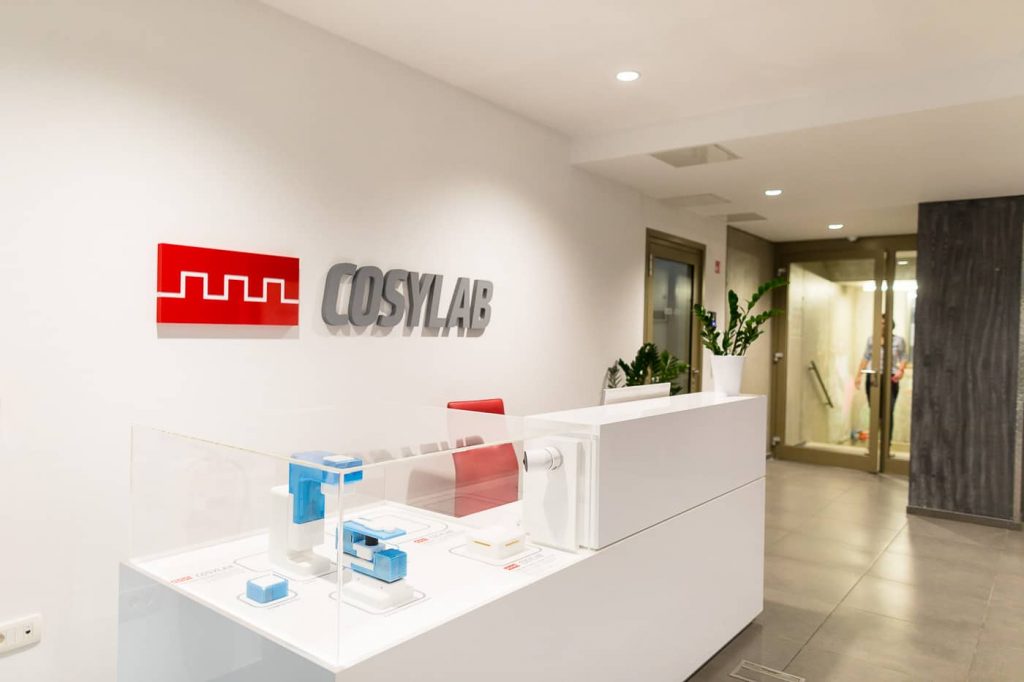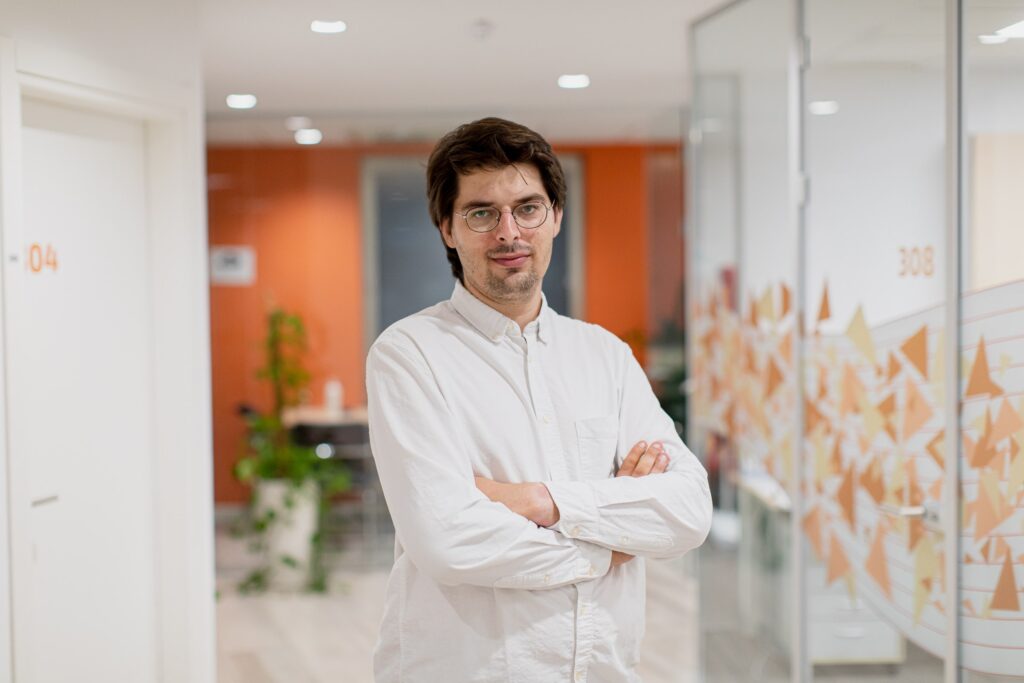Automated and fast machine and delivery log-file based QA
Planned secondments: PSI (Switzerland), Oncoray (Germany).
Project description
Quality assurance (QA) is an essential part of radiotherapy workflow. It ensures that the machine – from accelerator to nozzle – acts according to specifications and the treatment planning system correctly predicted the dose distribution.
The standard QA procedure usually involves shooting each treatment beam in a phantom or a water tank that is filled with measuring equipment. The measurements are then compared to simulations and any discrepancies are investigated. The whole procedure is time consuming and occupies a valuable beam time and time from clinical personnel.
In recent years log-based QA has emerged as an alternative to standard QA procedures. The idea is instead of measuring actual dose distribution, machine files from irradiation are analyzed. The analysis should determine if there are any deviation from expected values.
While the log-based QA has already been developed and implemented clinically there are several areas that need further research and investigation. In scope of adaptive PT and hence RAPTOR project we would like to determine how the log-file analysis can guide adaptation of the treatment plan. Is the information accurate enough to adapt the treatment plan or are there further modifications necessary?
On one hand we need to investigate fast and robust algorithms for log-based QA that can be implemented in almost any PT clinic. On the other hand, we want to see how to exploit this data even further and assist in adapting the treatment plan according to daily patient anatomy and machine specifics.
The PhD student will be employed at Cosylab under the supervision of Dr Kristjan Anderle and will be registered to the PhD program at the faculty of Mathematics and Physics of the University of Liubjana (UL). COSYLAB is the global leader in control system integration for proton therapy and Big Physics machines: particle and nuclear accelerators and other large facilities such as tokamaks and radio telescopes. UL is the largest university of Slovenia and hosts multiple faculties dedicated to research and study areas.
For more information concerning the research project please contact: Kristjan Anderle


Sergei Diuzhenko
Early-Stage Researcher at Cosylab
My name is Sergei Diuzhenko and I am from Russia. I am a PhD student at University of Ljubljana and my RAPTOR host organization is Cosylab d.d. I graduated from MEPhI university with a Major in Medical Physics. I also worked as a clinical medical physicist in proton therapy center «Prometheus» in Obninsk, Russia during my master studies. In my free time I enjoy learning history, playing guitar and spent my time with my wife and our pets.
During my PhD studies I will work on the automated and fast machine and delivery log-file based quality assurance for online adaptive proton therapy. Since in this workflow the treatment plan will be optimized just before the treatment delivery, conventional measurement-based approach may be replaced with a rapid QA workflow which analyzes the log-files from irradiation to determine if there are any deviations from expected values. This new approach can save a lot of valuable beam time and reduce the cost of treatment.
I choose the RAPTOR because this is the state-of-art project and necessary step in proton therapy evolution. At the end it may solve several proton therapy issues e.g. uncertainties (range, anatomy changes etc.) or treatment cost, which is very important step to democratize and to exploit the full benefit of protons. This will be a very hard route full of challenges, but every overcome of an obstacle brings real patients closer to more accurate, safe and personalized treatment.

Cosylab d.d.
PROJECT BENEFICIARY
Cosylab (Cosylab Control System Laboratory d.d.) is a global technology company that builds and integrates state-of-the-art software and electronics for the world’s most complex, precise and advanced systems. It enables research organizations to discover scientific breakthroughs, hospitals to deliver better cancer treatment and organizations to improve their performance.


